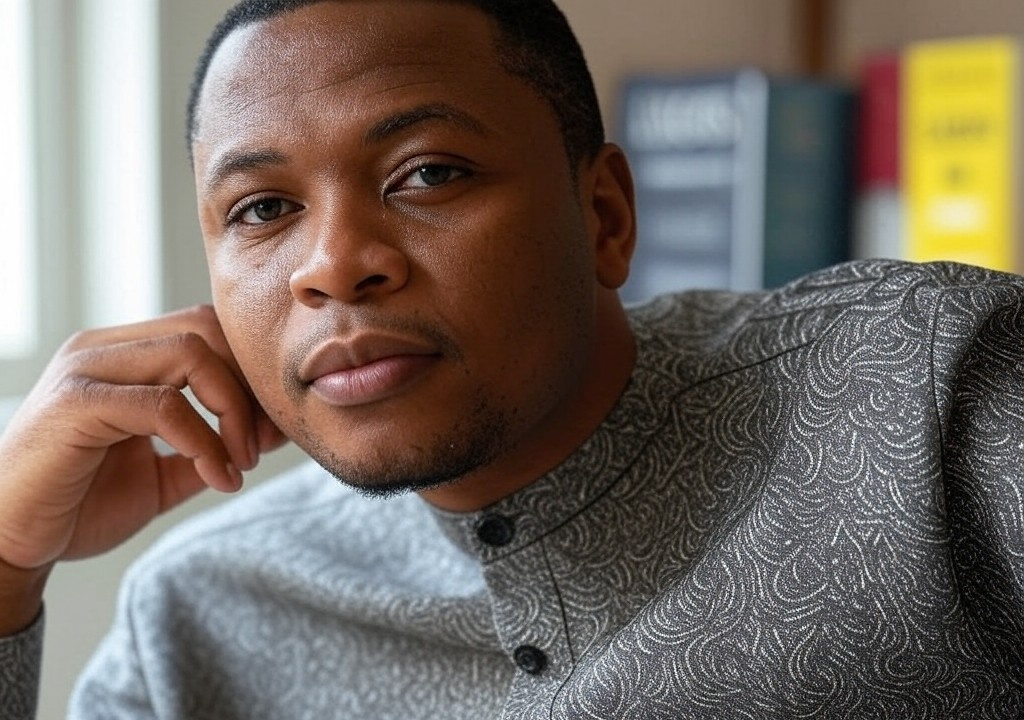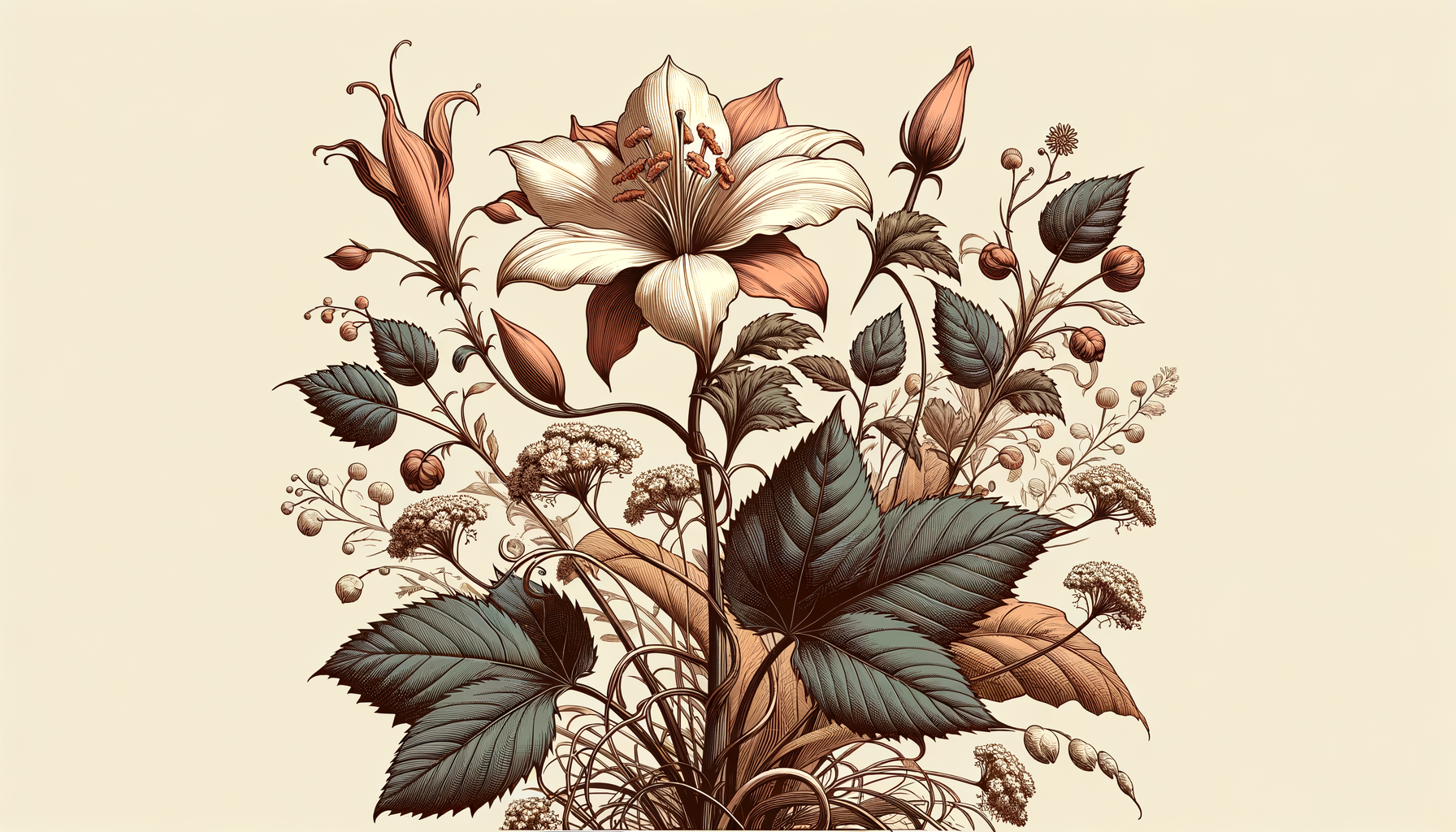It’s funny how the right person entering your life—at the right moment—can feel like a train pulling into a station you didn’t even realize you’d been standing at all this time. In my case, that person wasn’t a partner, a teacher, or even an old friend. It was a man slurping jollof at my aunt’s kitchen table in Lagos when I was all of seven years old. Uncle Femi. The man who saw me before I even knew how to properly see myself.
Somehow, his raspy laugh and mustard-yellow agbada set off a chain of events that landed me where I am today: an adult (sort of) with a keyboard, a purpose, and maybe a halfway-decent sense of self. But let me not get ahead of myself—this is the story of how he changed my life and what I think we can all take from the experience of being truly seen.
The Encounter at the Table
Looking back, I probably looked like every other seven-year-old—scrawny, shy, with mismatched socks and dreams as big as the Atlantic Ocean we’d just crossed to live in America. My parents had brought us back to Lagos for a family visit, and it was chaos in the best way: cousins chasing one another with small goats, aunties bickering about seasoning ratios, the grandeur of it all colorfully overwhelming to a kid who’d just spent his first winter in Brooklyn.
In the middle of it, Uncle Femi, who was some distant cousin of someone, called me over with a paternal wave and an impatient smile. I reluctantly shuffled to his side. “Malik,” he said, his voice deep enough to rumble rice grains, “tell me, what do you like to write about?”
I blinked at him. Write? Who said anything about writing? I was seven. My hobbies included drinking Capri Suns, avoiding my eldest sister’s wrath, and pretending to be a Power Ranger. But I had recently started scribbling stories in a little notebook my dad brought home from work. They were half-baked tales of talking animals and heroes with names inspired by mid-'90s cartoons. Nothing special.
“Animals, I guess,” I offered meekly.
Uncle Femi nodded. “You are a storyteller.” He jabbed a finger in my direction for emphasis. “You must write stories about who we are, why we matter. People will need to know, eh.”
I remember wondering, why is this man telling me to do homework during Christmas break? So I smiled and nodded as you do with eccentric relatives, then escaped to the backyard to chase goats with the other kids. But something about his words—or maybe the conviction in his voice—stuck.
The Spark You Didn’t Know You Needed
It wasn’t until years later, when the memories of Lagos started to blend into the bustling chaos of New York, that I began to understand the weight of what he had said. His words were small but powerful, like a seed that takes root where you least expect it.
By high school, I’d become the kid who stayed up late journaling or reading Chinua Achebe while my brothers shouted at an NBA 2K match next to me. I wore my love for storytelling like my Brooklyn classmates wore North Face jackets—proudly, unapologetically. A part of me wondered if I would’ve picked up that identity so deeply without Uncle Femi seeing me before I saw myself.
The Importance of Being Seen
We go through life at warp speed, swiping left and right, hustling from one milestone to the next. It’s easy to pour into others but rarely pause to think about who’s truly pouring into us. When is the last time someone really saw you? Not just the curated version you stick on Instagram—your whole, messy, bigger-than-you-realize self?
There’s something transformative about being seen for the raw potential you carry within—especially when the person seeing you is someone you look up to. It’s an act we undervalue and underperform but desperately need in our romantic connections, friendships, and even those fleeting encounters with strangers.
What Uncle Femi Taught Me About Seeing (and Being Seen)
Here’s what my mustard-yellow agbada mentor indirectly taught me about human connection:
-
Pay attention to the spark.
Sometimes the most pivotal moments aren’t flashy. They’re subtle. A compliment at the right time or an encouraging word over some shared jollof. Being seen doesn’t need a grand gesture—it requires paying attention. In relationships, this could mean noticing the way a partner’s voice shifts when they're overwhelmed or asking that friend who’s been quiet, “Hey, are you okay?” -
Boldness is a gift.
You’d think Uncle Femi’s confidence would be intimidating for a shy kid like me, but it was anything but. His unapologetic belief in my potential helped me claim it for myself. When you spot greatness in someone else, say it out loud. Don’t assume they already know, or wait until it feels convenient. Be bold—for them. -
Seeing is not about fixing.
To truly see people, you don’t have to solve their problems, offer advice, or map out their life plans. Uncle Femi didn’t tell me what animal stories to write or how to “be successful.” He simply acknowledged the unique flame I carried and fanned it gently. Sometimes, that validation is enough.
Applying the Art of Seeing in Everyday Connections
Taking these lessons to heart isn’t just sentimental—it’s practical. Here’s how we can all show up and practice the art of seeing in modern life (and maybe make someone’s day in the process):
-
Ask deeper questions. Instead of “How was your day?” try “What excited you the most this week?” You’d be surprised how meaningful curiosity can feel.
-
Highlight strengths, not just accomplishments. Compliment your friend on their resilience, your partner on their humor, or your coworker on their thoughtfulness. It’s about recognizing traits, not outcomes.
-
Take five minutes to encourage someone. Whether it's a voice note, a text, or a face-to-face moment over coffee, a little vote of confidence can go a long way. You might be the one who says what they didn’t even know they needed to hear (like, “maybe you’re a storyteller…”).
Full-Circle Moments
Years later, I flew back to Lagos, now in my twenties but still very much trying to figure out adulthood. Uncle Femi had passed by then, but I visited that same kitchen, the one where he’d once slurped rice and casually upended my imagination. I smiled at the memory of that moment and whispered a small thank you to the ceiling for his invisible nudge all those years ago.
If you’re lucky, someone out there has already perceived your spark—and if not, I promise there’s still time for them to find you. Or better yet, there’s time for you to find someone else and light theirs.
Let’s all take a page from Uncle Femi’s book: slow down, look closely, and remind the people in our lives of the extraordinary light they carry. Sometimes, it’s the smallest act of recognition that changes everything.




















